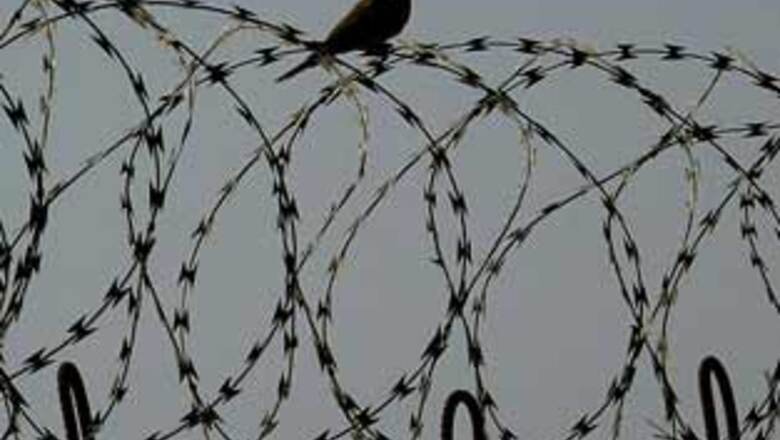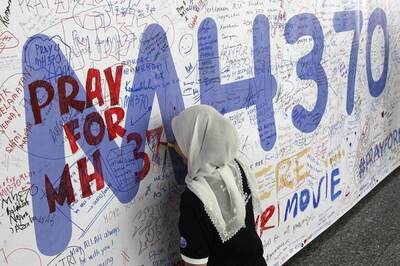
views
Baghdad: Iraq will reopen its notorious Abu Ghraib prison next month, but will change the name which became synonymous with abuse under both Saddam Hussein's rule and US occupation, a senior official said on Saturday.
Deputy Justice Minister Busho Ibrahim told Reuters that the prison -- which earned global notoriety after US jailkeepers filmed themselves tormenting and sexually humiliating inmates -- had been renovated to international standards.
"We have named it Baghdad Central Prison because of its bad reputation as Abu Ghraib prison, not just because of what the Americans did there but also because of what the regime of Saddam has done," he said.
Saddam's regime housed 40,000-60,000 prisoners at Abu Ghraib, on the capital's western outskirts.
Its name was already feared among Iraqis when US troops filmed their own abuses less than a year after the 2003 invasion that toppled Saddam.
Those pictures sparked anger throughout the world and helped fuel a raging anti-US insurgency in Iraq.
Former US President George W Bush called the abuse a low point of his presidency.
Abu Ghraib is in an area that saw heavy fighting during the early years of Iraq's insurgency, and the US military closed the facility in 2006 after constructing a giant, purpose-built prison camp in the desert on the Kuwaiti border.
Ibrahim said the newly renovated prison would house just 13,000-14,000 prisoners, including 3,500 with long sentences who would be gathered from all over Iraq.
All that remains to be completed is to re-equip the prison hospital, he said. "This prison will solve many problems for us -- huge problems," he said.
"We are suffering from inflation of the prison population in Nassiriya, Basra, Amara and some Baghdad prisons. All those people will be brought to this prison." Iraq is under pressure this year to increase the capacity and quality of its prisons and improve the transparency and efficiency of its criminal justice system.
Under a pact which took effect on New Year's Day, the US forces in Iraq lost the power to hold without charge the approximately 15,000 detainees they have and are supposed to turn them over to Iraqi justice or set them free.
Human rights groups such as Human Rights Watch and Amnesty International say prisoners in Iraqi custody are often beaten, abused and denied due process.
They have urged Washington not to hand prisoners over without proof they will be treated well.
Iraqi officials say they are working hard to improve a prison and legal system they inherited from a dictatorship, which was taxed and overstretched by years of detaining thousands of insurgents in war.


















Comments
0 comment